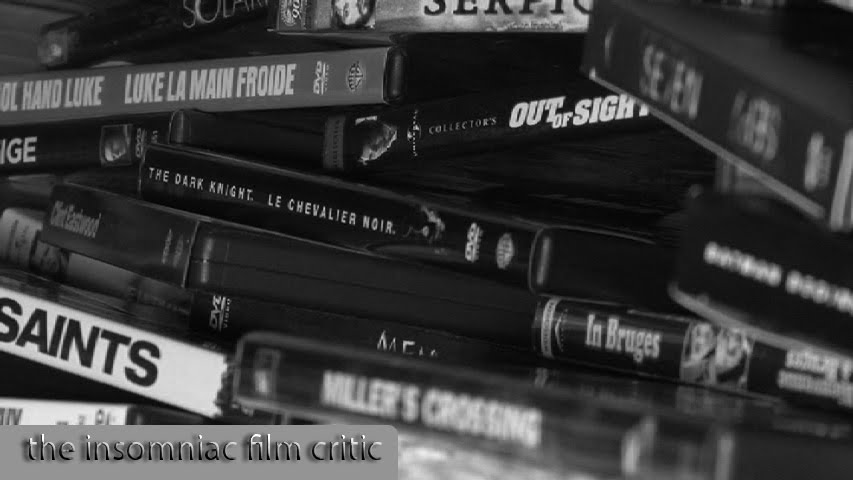Again, I apologize that this is late. I honestly didn't know I still had readers. But I promise it won't happen again... until it happens again.
I watched this movie Sugar yesterday, about a young baseball player from the Dominican Republic as he tries to realize his dream of being a pitcher in the Major Leagues. If this sounds at all interesting to you, stop reading this, because I really had no idea the direction this movie was headed in, and I never would have guessed. The less you know about Sugar, the better.
Miguel “Sugar” Santos grows up in the Dominican and moves from a baseball boarding school to a training camp in Arizona, and from there to a Single A team in Bridgetown, Iowa. Up until that point it is a fairly standard baseball movie, but it then begins to take on the feeling of a movie about an outsider. Sugar can barely speak English, and apart from baseball, he is almost completely lost. Over time, his performance on the field falters, and Sugar realizes his baseball days are over. Without warning, he leaves his team for New York, fleeing the dream of America’s national pastime for the American Dream.
Sugar’s struggle to find his footing in a foreign country is fascinating and engaging without ever getting too corny, and the way the film depicts the death of his dream is even more interesting. It is well documented that such a small percentage of athletes ever reach their professional goals, and this is the only movie I can recall that seems to say that this is okay. Our culture is constantly trying to encourage the celebrity lifestyle through gossip magazines and websites, as well as the explosion of reality television in the past decade. However, it is rare to see a view of the real life that occurs after somebody sees their dream die.
I love movies and television shows that deal with the acceptance of normalcy, because it is something that doesn’t get seen enough in popular media (not that anybody knows what Sugar is). This is why the Office (the British one especially) is one of my favourite pieces of popular media: it is about finding the good things about a normal, day-to-day life. Sugar does the same, showing us a person’s growth while trying to leave his dream behind for something more attainable.
Sugar goes through a period of uncertainty with his baseball team, but once he turns to New York, he never looks back. It is only at the very end of the movie, when he joins a local rec league, that we see Sugar show any sadness or reflection. The last shot of the movie displays Sugar sitting behind the chain-link backstop on a bench between innings, high-fiving his teammates. He then stops, sitting silently and staring at the ground for a few moments before beginning to clap for his fellow ball players. Sugar applauds his team, and by extension himself, for accepting the way life really is, with only brief thoughts of what could have been before realizing that he chose a healthier way of life.
I am an advocate for watching movies multiple times in order to get more out of them, but I doubt if I will ever watch Sugar again. Throughout the movie, I recall thinking that it was a good movie, but before the last scene that was all I thought it was. The last shot, however, was so powerful to me that I am certain it will remain burned in my brain for a long time to come. Ryan Fleck and Anna Boden, the filmmakers behind this film and Half Nelson previously, are proving to be an interesting team. Their movies focus more on people than plot, something that is rare. Like in Half Nelson, the main character of Sugar feels like a real person: the film was a window into this person’s reality, and it feels so accurate that I didn’t notice how good it was. We see Sugar accepting the end of his dream, and with that I realized that I actually cared about a character as if he were a real person, and as far as I’m concerned, that is a pretty high compliment for a movie to receive.
Monday, November 2, 2009
Subscribe to:
Post Comments (Atom)





No comments:
Post a Comment